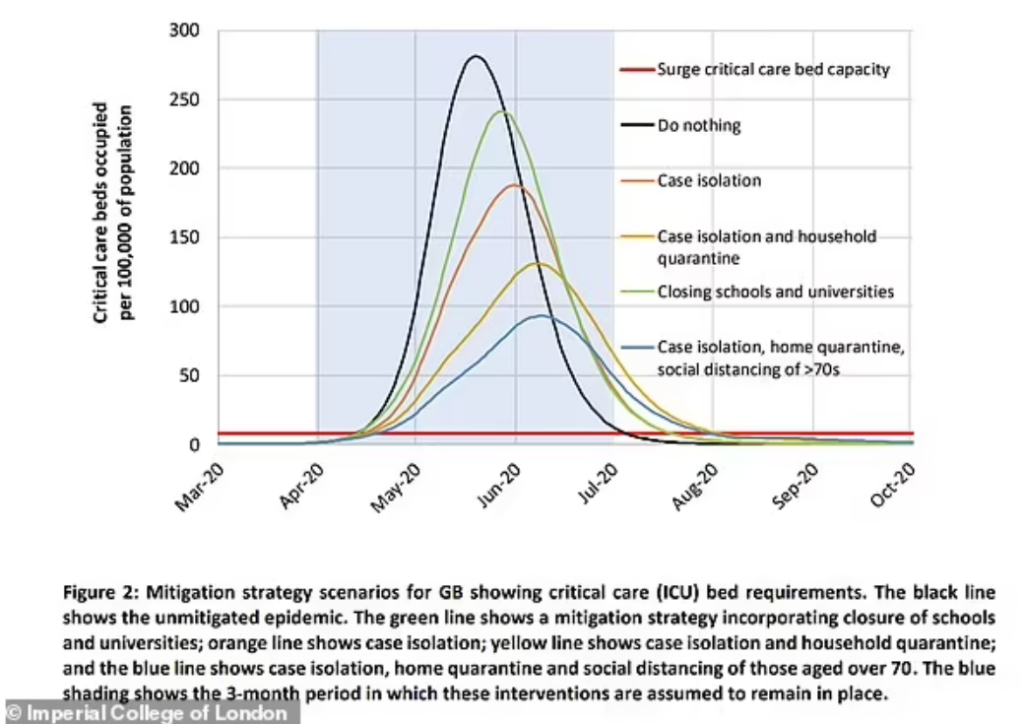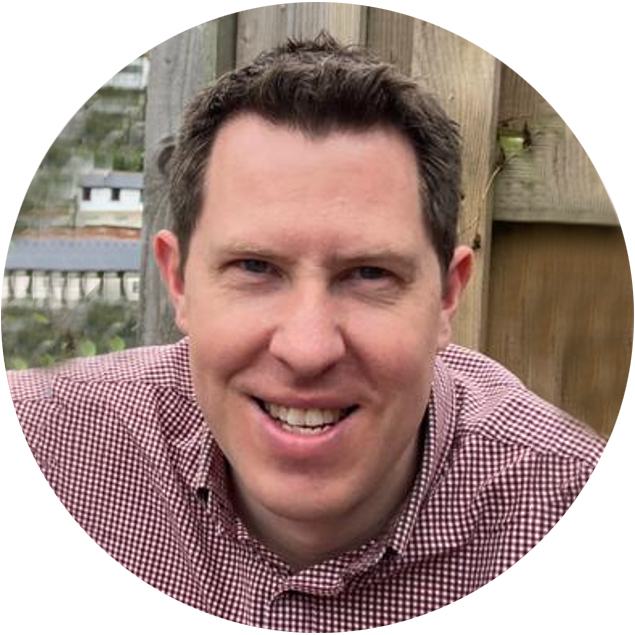In one of the more bizarre moments at the Covid Inquiry so far, Professor Neil Ferguson, the architect of Britain’s lockdown, today denied ever calling for the first national stay-at-home order – in the latest instance of lockdown backpedalling. The Mail has more.
Professor Neil Ferguson’s terrifying March 2020 models warned that 500,000 Brits would die unless tougher action was taken to curb the virus’s spread.
It spooked Boris Johnson into adopting draconian restrictions that saw the country told they “must stay at home.” Vaccines — considered the only safe route out of the pandemic — were still months away from being deployed.
But Professor Ferguson, who quit his role as a SAGE adviser two months after being caught breaking social distancing rules to meet his married lover, today insisted he didn’t tell officials to plunge the country into a lockdown.
He told the UK COVID-19 Inquiry that the situation was “a lot more complex.”
The inquiry is in its second module, which is examining core UK decision-making and political governance.
Hugo Keith KC asked: “Do you feel that you did confine yourself to the provision of scientific advice, or did you become, despite your best endeavours, irrevocably involved in determination of policy?”
Imperial College London’s Professor Ferguson, nicknamed ‘Professor Lockdown’ for his infamous modelling, said it was a “difficult question to answer.”
He said: “I know I’m associated very much with a particular policy.
“But as you’ll be aware from the evidence I’ve given in my statement and statements of evidence, the reality was a lot more complex.
“I don’t think I stepped over that line to say ‘we need to do this now.’
“What I tried to do was at times, which was stepping outside the scientific advisory role, to try and focus people’s minds on what was going to happen and the consequences of current trends.”
The epidemiologist drew heavy flak for his team’s modelling on the Covid pandemic.
Their work suggested 500,000 Brits would die if nothing was done to stop the spread of the virus and there would be 250,000 deaths if two-thirds caught Covid.


Worth reading in full.
Ross Clark in the Spectator says that perhaps the most remarkable revelation from Professor Ferguson’s inquiry evidence is that “he spoke to and emailed Ben Warner at No. 10 on March 13th, three days before the Imperial paper [Report 9] was published.” Warner was a data scientist brought into Downing Street by Dominic Cummings and whom Cummings later credited for inducing pandemic alarm in No. 10, so Ferguson contacting him directly beforehand is significant.
However, Clark notes that in his email to Warner,
“Ferguson then stopped short of damning the Government’s policy of mitigation rather than suppression. In fact, if the Government decided to continue with mitigation, he wrote, ‘there is a rational basis to that decision which I would say the science supports.’ However, he added, the Government should make it clear how many people were likely to die.
“Intriguingly, Ferguson then went on to write: ‘This event is in the natural disaster category and the cure (e.g. massive social distancing, shutdowns) could be worse than the disease.’ In other words, he had at least considered the possibility that lockdowns could cause more damage than they were worth – but neither he nor anyone else seems to have tried to model this.”
Republished from DailySceptic
Join the conversation:


Published under a Creative Commons Attribution 4.0 International License
For reprints, please set the canonical link back to the original Brownstone Institute Article and Author.









